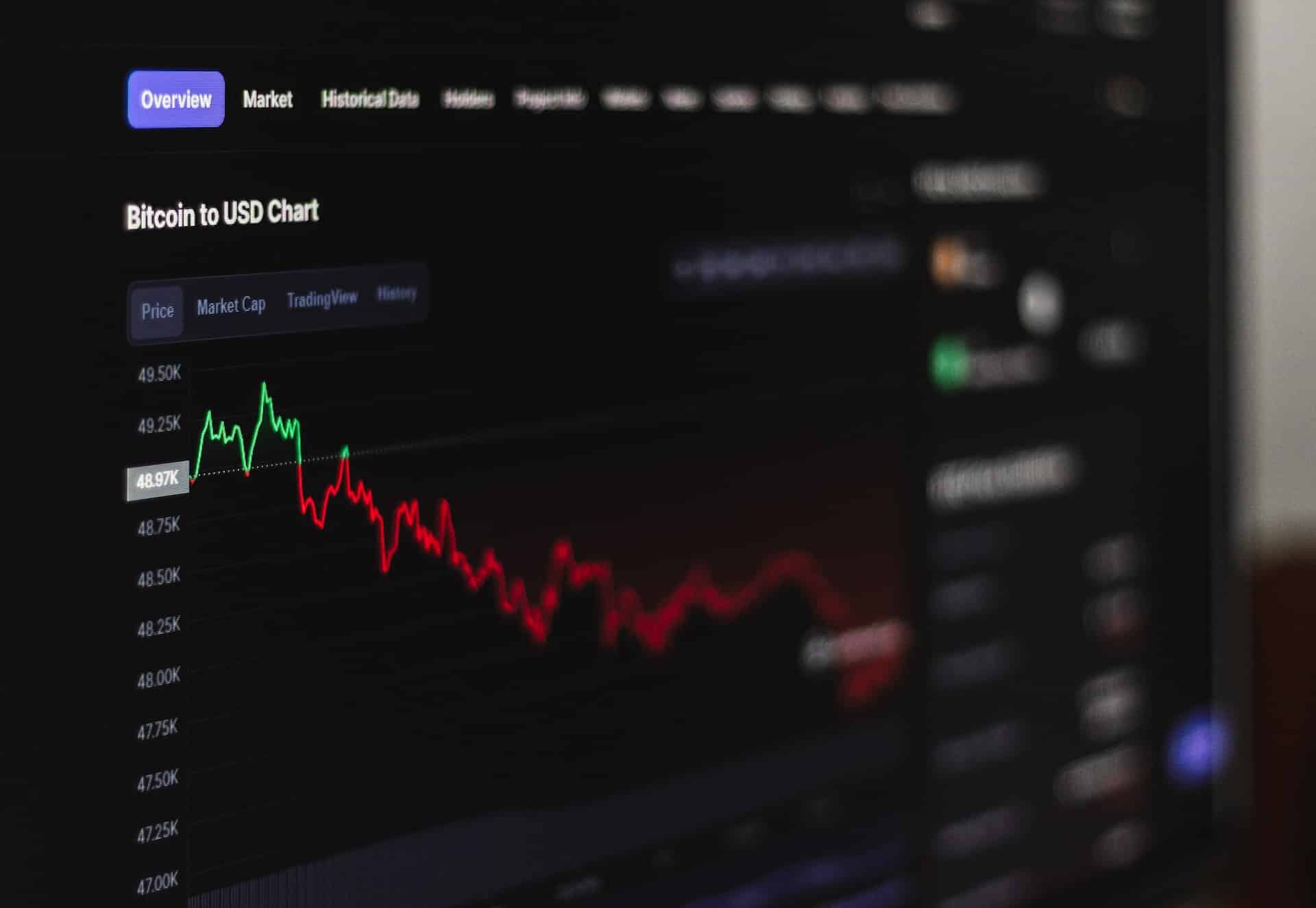Crypto derivatives have become an increasingly large part of the global crypto asset markets, enabling traders to speculate on price movement or hedge their market exposure.
Read on to learn what crypto derivatives are, what types there are, and how they work.
What Is a Crypto Derivatives Contract?
A cryptocurrency derivatives contract is a tradeable financial instrument that derives value from an underlying crypto asset, enabling traders to gain exposure to the asset’s price movement without actually owning it.
Crypto derivatives work like derivatives in traditional financial markets. Two parties enter a contract that specifies the conditions for the purchase or sale of the underlying asset, including the contract’s validity period, price, and quantity.
Cryptocurrency derivatives enable experienced digital asset traders to execute advancing trading strategies using leverage. They can also be used to hedge digital asset portfolios or a large long position in a particular crypto asset.
For example, a Bitcoin mining company may sell Bitcoin futures contracts to hedge its natural long position in BTC against a steep drop in the price of bitcoin.
Types of Crypto Derivatives
There are three main types of derivatives contracts in the crypto markets: futures, options, and perpetual swaps.
Futures
Futures are financial derivatives contracts where you have the obligation to buy or sell the underlying asset at a predetermined date at an agreed price in the future.
Cryptocurrency futures enable you to go long or short a crypto asset using leverage, allowing you to speculate on future price developments or hedge market exposure.
Options
Options are derivative contract agreements where you receive the right, but not the obligation, to buy or sell an underlying asset at a set price at a predetermined date in the future. The option buyer enjoys the right, but the option seller has an obligation to fulfill their part of the contract if the option holder so chooses.
Similarly to futures, you can use cryptocurrency options to speculate on price movements or hedge digital asset market exposure.
The key difference between the two is that options give you more flexibility than futures because you are not obliged to exercise the option. If your option isn’t “in the money,” you don’t have to exercise it and only lose the premium (i.e., the price) you paid for the option.
Perpetual Swaps
Perpetual swap contracts are financial derivatives that allow you to speculate on the price movement of crypto assets using leverage. But unlike traditional futures contracts, perpetual swaps don’t have expiration dates.
Perpetual swaps utilize a funding rate mechanism that helps ensure the contract’s price matches that of the underlying asset. The difference between the contract’s trading price and the underlying asset’s spot price determines the funding rate.
The structure keeps the demand for long and short positions balanced by offering incentives for the less popular market side. For example, if a perpetual swap’s price is higher than its underlying asset’s spot price, long position holders are charged the funding rate, which they pay to traders in the short position.
The funding rate system also ensures that the swap is anchored to its underlying asset.
Pros & Cons of Crypto Derivatives
Now let’s look at the benefits and drawbacks of cryptocurrency derivatives.
Pros
- Leverage: Derivatives allow traders to enter larger positions than their capital would allow in the spot market.
- Risk Mitigation: Crypto derivatives can be used to hedge digital asset market exposure, thus reducing market risk.
- Ability to execute complex trading strategies: Cryptocurrency derivatives allow traders to deploy advancing trading strategies, such as betting on the volatility of the price of a crypto asset.
Cons
- Leverage: While crypto derivatives traders can potentially benefit from using leverage to amply their potential trading profits, the leverage used can also amply losses. Given the volatile nature of cryptocurrencies, losses can be significant if not adequately hedged.
- Regulatory: Cryptocurrencies’ legal framework is inconsistent across jurisdictions and can present certain compliance and regulatory risks.
- Counterparty Risks: In the over-the-counter (OTC) derivative market, traders face default credit risk. The due diligence and transaction security exchanges offer isn’t available for OTC derivatives trade.
As the global crypto markets continue to mature, the digital asset derivatives market grows with it. Perpetual swaps have become especially popular among crypto traders, but even the futures and options markets have seen continuous growth over the years, signaling that there is demand for derivative contracts in this nascent digital asset class.




